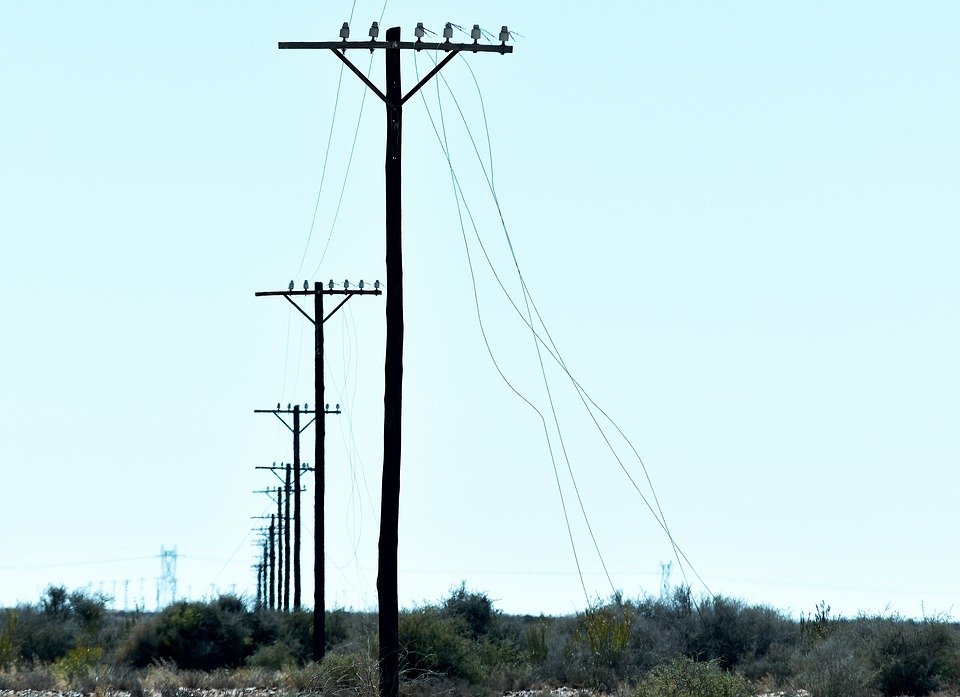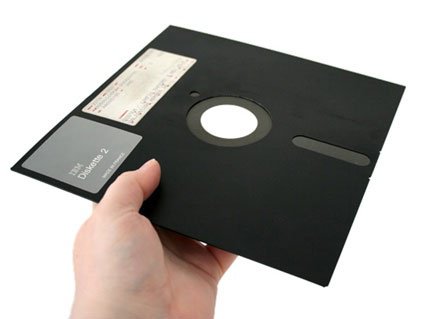Back in the day, when there were actual people on the other end of the line (line? what’s a line anymore?) when you dialed “O,” you could be fairly certain that that person had the knowledge and experience to help you. Now that they’ve automated so many things, and most people just “Google it” anyway when they’re looking for information, we’re at the whims of the “out there.” Whatever the “out there” is.

This is the problem with automated processes these days, though. They’re still only as good as the automators (I’m not sure that AI is quite up to keeping things up-to-date yet). The problem then is this – when the automators don’t automate, the information gets old and falls by the wayside. This is especially true in government work, and one of the reasons government is an awful provider of services. There is no accountability to a customer outside of the few people who actually try to work through the system to get their legislative body (at whatever level) to do something about incompetence or indifference in the government ranks.
And so, for something as simple as getting a phone number, who’s gonna lower the boom on that hotbed of frustration?
And there it is…when I tried to look up a phone number this morning, the web page to which I was directed didn’t have it. So I went to the operator, who, in an automated message, told me to check somewhere else. Still no luck – somewhere else didn’t have it either.
Then I was assured that if I just dialed “O” (after sitting through their message menu again), I’d get an operator who could help me. But that only works if they answer, and I guess maybe they think their automation is so successful that they don’t actually have to stay around in case someone actually calls.
It was quite the double-whammy. Not only did I not get to talk to the people with whom I wanted to speak, I couldn’t even get a hold of the person who (back in the day) should’ve been able to tell me how to get in touch with them.
I remember, back in the ’80s, our unit’s first admin computer (that is, a computer that was to be used for something other than the direct unit mission). A Wang (yeah — that was the name of the computer company that made it). With 8-inch floppy discs. Probably held all of a meg of info. We used to sneak into the office on mid-shifts and play hangman on the thing.

Anyway, the Wang (and of course the other computers that came after it) was the opening salvo in the new age of information — and in time, we would all soon go paperless! We bought that lie, and it was a whopper. Not only are we 30-some years down the line and still massively papered, I’d say we probably use more paper these days. Why? Because it’s easy to just push that “print” button every time you have to make a correction on a document — usually for what we would call “happy to glad” corrections (changing the wording based on someone’s personal preference — “use ‘glad’ here instead of ‘happy.’ It sounds better.”). Of course, this means running off a few more copies.
Back in the day, when people used a machine called a “typewriter,” you’d seldom retype an entire page because someone didn’t like a word (and if you did, that page had better be going to the president, doggoneit). Maybe that lent to people in those times being more precise with their language (and in turn, their thoughts). But today, the printer “retypes” it for you, after you’ve made your corrections.
So here we are — going the wrong way. Social media and the 24-hour news cycle continues to contribute to the unraveling of civilized interactions among humans. Information overload has made us confused and lazy in our thinking. The “automation” process is not really very automatic, and we severely lack the interpersonal touch. Because we just can’t be bothered with any of it anymore.

Sure, we’ve heard the backlash about the good old days. A bunch of white, straight “Christians” wanting to get back to when white, straight “Christians” ruled the world. Thankfully, we’re turning the corner on that crap. But this isn’t a crotchety old man making a call for those days at all. This is a call to pay attention. To straighten up our language and thinking. To change how we gather and use information and how we interact with others.. This is a case where we most assuredly could learn a lot from how it was done back in the day.

Those 8″ floppies held about 80 kb. Floppy discs held less than a megabyte until the little 3 1/2 inch non-floppy “floppies” came out. I did word processing on 8″ discs in the mid 80’s. We’re going paperless the same way we’re going metric.